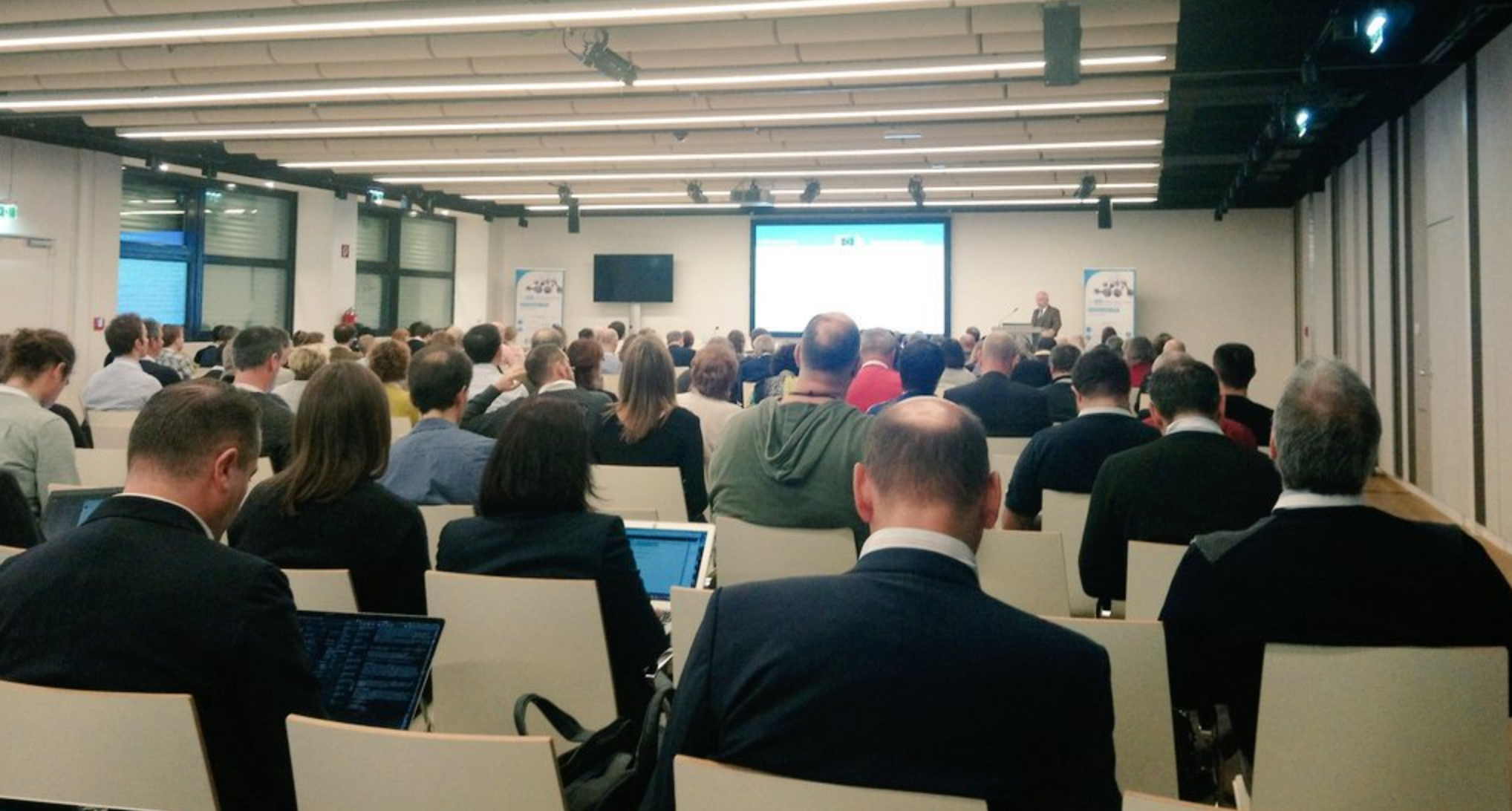
Rules, Obligations, Codes of Conduct and Expectations
EOSC should be able to facilitate larger collaboration among researchers and all the players
21 November 2018 | 17:00 – 18:00
Austria Center, Vienna
Main Rule of Participation for #EOSC service providers: services shall be registered in an EOSC-compliant or compatible services visible to the global EOSC gateway - @PascalKahlem#EOSCStakeholdersForum#eosc18 pic.twitter.com/e6w8GGK9of
— EOSCpilot.eu (@eoscpilot) 21 November 2018
“Rules of participation sounds like a military exercise”, started Matthew Dovey, Head of e-Infrastructure Strategy at JISC, chairing the Rules panel to discuss guidelines, expectations, codes of conduct and obligations on participation in EOSC.
Panelists of the session had a lot of expertise and were representing considerations from various fields of research system. Even the Ascot Racecourse would have been jealous of the number of hats the panelists owned.
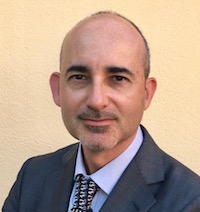 Dr. Pascal Kahlem, Coordinator of the Training Platform of the Research Infrastructure for Life Sciences ELIXIR has been writing together with other experts the deliverable on the "Recommendation of a minimal set of Rules of Participation for EOSC service providers and users". He emphasised the bottom-up approach of the process that led to the final recommendations. A broad panel of research infrastructures and e-infrastructures, clouds and other initiatives have been analysed and their leaders were interviewed to establish the initial list of rules, based on those already implemented in the field. This list was refined through a series of iterative consultations of service users and providers at various events in 2017 and 2018. As a result, one main rule in line with the principles of inclusiveness, transparency and openness has been established which stipulates that “EOSC services shall be registered in an EOSC compliant or compatible service catalogue visible to the global EOSC gateway”. This rule is accompanied by specific rules that may be applied depending on research domain. “By enforcing transparency on service providers, the rules empower researchers to compare and choose services most suitable for their needs.” points Pascal Kahlem out.
Dr. Pascal Kahlem, Coordinator of the Training Platform of the Research Infrastructure for Life Sciences ELIXIR has been writing together with other experts the deliverable on the "Recommendation of a minimal set of Rules of Participation for EOSC service providers and users". He emphasised the bottom-up approach of the process that led to the final recommendations. A broad panel of research infrastructures and e-infrastructures, clouds and other initiatives have been analysed and their leaders were interviewed to establish the initial list of rules, based on those already implemented in the field. This list was refined through a series of iterative consultations of service users and providers at various events in 2017 and 2018. As a result, one main rule in line with the principles of inclusiveness, transparency and openness has been established which stipulates that “EOSC services shall be registered in an EOSC compliant or compatible service catalogue visible to the global EOSC gateway”. This rule is accompanied by specific rules that may be applied depending on research domain. “By enforcing transparency on service providers, the rules empower researchers to compare and choose services most suitable for their needs.” points Pascal Kahlem out.
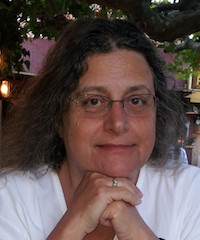 Francoise Genova Researcher for University of Strasbourg, the director of the Strasbourg astronomical data center CDS from 1995 to 2015, said that operational international data sharing is already in use in astronomy and EOSC is expected to increase capacity and possibilities. She found reasonable that EOSC rules for the end-users are the terms of use of the service providers as the EOSCpilot deliverable recommends: “Users’ Rules of Participation may be ultimately framed within the Terms of Use presented by the service providers.”
Francoise Genova Researcher for University of Strasbourg, the director of the Strasbourg astronomical data center CDS from 1995 to 2015, said that operational international data sharing is already in use in astronomy and EOSC is expected to increase capacity and possibilities. She found reasonable that EOSC rules for the end-users are the terms of use of the service providers as the EOSCpilot deliverable recommends: “Users’ Rules of Participation may be ultimately framed within the Terms of Use presented by the service providers.”
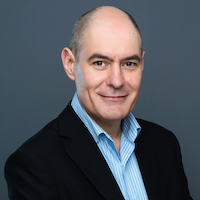 HPC is a different kind of a service and doesn´t fit completely to EOSC told Philippe Segers, Head of European High Performance Computing (HPC) projects for GENCI. Services and data should be FAIR, in HPC world all different scales are supported, scalability and accessibility are important. HPC community works based on peer review. What is done in EOSC Rules of Participation and how it will affect access to services and the whole ecosystem worries HPC community.
HPC is a different kind of a service and doesn´t fit completely to EOSC told Philippe Segers, Head of European High Performance Computing (HPC) projects for GENCI. Services and data should be FAIR, in HPC world all different scales are supported, scalability and accessibility are important. HPC community works based on peer review. What is done in EOSC Rules of Participation and how it will affect access to services and the whole ecosystem worries HPC community.
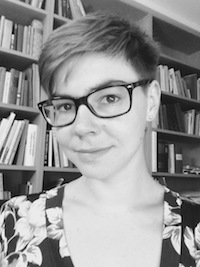 Vanessa Hannesschläger, Researcher for ACDH, felt herself a bit as an outsider as a humanist when talking about the data. There are various amount of different needs, approaches and viewpoints among stakeholders regarding the EOSC. Humanities should be actively and heavily approached in order to get them involved in EOSC, she thinks. “One concrete problem regarding data sources and data processing in humanities is copyright legislation. Legislation is hindering the integrating of humanities into data projects such as EOSC. Would be worth by EOSC to lobby to make the situation better” she commented.
Vanessa Hannesschläger, Researcher for ACDH, felt herself a bit as an outsider as a humanist when talking about the data. There are various amount of different needs, approaches and viewpoints among stakeholders regarding the EOSC. Humanities should be actively and heavily approached in order to get them involved in EOSC, she thinks. “One concrete problem regarding data sources and data processing in humanities is copyright legislation. Legislation is hindering the integrating of humanities into data projects such as EOSC. Would be worth by EOSC to lobby to make the situation better” she commented.
The audience was active asking questions and comments. The existing research system doesn’t support openness was stated in many comments. Data is wanted to be kept for your own future articles and data sharing is not supported by impact factor. More incentives for open practices are needed. There was also a wide discussion whether the sticks or carrots work better. Big sticks got many votes but at the end both the sticks and carrots are needed.
Creating researchers better access to services and better sharing opportunities were mentioned as the goals for EOSC. EOSC should be able to facilitate larger collaboration among researchers and all the players in EOSC. Collaboration is not always easy but clear rules of participation will help to work together. “It’s all about right services and tools.” Francoise Genova pulled together.
LINKS:
SESSION Participation in EOSC: Rules, Obligations, Codes of Conduct and Expectations SLIDES: https://www.eoscpilot.eu/content/participation-eosc-rules-obligations-co...
All the sessions pages and the whole programme for EOSC STAKEHOLDER FORUM can be found at this link: https://eoscpilot.eu/stakeholders-forum/2018-edition/second-eoscpilot-st...
